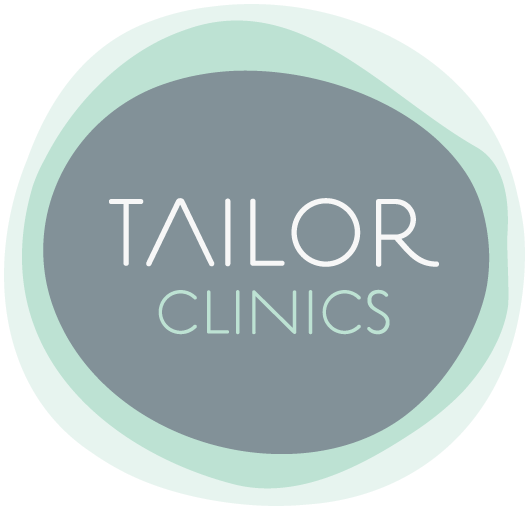The Protein Olympics
What does the word ‘Olympics’ mean to you?
For me, it reminds me of Sarah Ulmer winning NZ’s first ever gold medal at the Athens Olympics. Speaking of gold medals, was that the first thing that came to your mind? Maybe you were thinking of medals in general…and actually gold, silver and bronze medals are along my line of thinking today…
What makes gold better than silver? What makes silver better than bronze? It goes without saying that bronze is better than nothing, and that’s the way I look at the protein in different foods. But what do I mean exactly?
Protein is like the ‘Mr or Mrs Fix It’ for our bodies. We need it to maintain our muscle mass, make blood cells, regenerate bone, hair, skin and nails, etc. The protein gets broken into individual pieces called amino acids, and these are the building blocks used for rebuilding our bodies when we sleep. If we eat enough good quality protein each day, we’re in positive protein balance which means the process runs without a hitch. But, if we’re in negative protein balance (i.e. for whatever reason our protein intake is less than our needs), the maintenance crew gets stressed.
Our bodies need all 21 amino acids for the overnight maintenance, but if not received from food each day, the muscles then break down to provide them. That’s a problem because more amino acids are needed for rebuilding those muscles, but there’s none left after everything else has been done. In other words, negative protein balance leads to unhealthy weight loss through muscle loss. So, we need to make sure we get enough of all the amino acids to ensure positive protein balance, and that’s where the quality of protein food sources is really important to think about – bring on the ‘Protein Olympics.’
Drews Hotseat - the one-horse (protein) race
You’ll know better than me that bariatric surgery means smaller meals. Achieving your protein needs each day can be tough, especially if letting carbohydrate sneak in and eventually push out the protein. That’s why meal planning and preparation is the secret for success at the ‘Protein Olympics.’
Gold medal proteins have all of the amino acids your body needs. These are foods like meat, seafood and also protein powder such as whey protein isolate. Other protein powders like whey protein concentrate on the other hand have less protein and tend to have more carbohydrate, and that’s why I’d consider them a silver medal protein. Plant-based protein powders have less again, and that’s why they get the bronze. Other bronze medal proteins include plant-based foods like nuts, seeds and vegetarian or vegan products including quorn, tofu and tempeh. Meanwhile, examples of silver medal proteins are dairy products and eggs. Overall, I use this ‘medal ceremony’ style of thinking for suggesting ways to maximise protein without adding volume each day. For example:
Breakfast
Greek yoghurt for breakfast is a good starting point. It’s only giving me a silver medal though. Adding some whey protein isolate powder instantly adds gold. Going one step further, adding some nuts or even the WLS granola gives us a bronze medal without really affecting the volume for eating. What does differ though, is the feeling of fullness from this meal rather than the yoghurt alone.
Lunch
With the Spring & Summer months coming, salad season is nearly upon us. Rather than a green leafy salad wth a few slices of salmon or bit of cheese, try something like a quinoa salad as a starting point. Quinoa is a seed which means it’s a bronze medal protein. With a serving of shredded or smoked chicken or shrimps (gold medal), some diced feta or perhaps a boiled egg (silver medal), that salad can be made to be a very filling meal indeed. Mix together some greek yoghurt with lemon juice and chives, and now you’ll have a tasty protein-based dressing for bringing the ingredients together too. Alternatively, leftovers from dinner are great given that’s the meal many find easy to achieve their gold, silver and bronze trifecta.
Dinner
Kiwi’s are renowned for the ol’ ‘meat & 3 veg’ type dinner. It can be tweaked for suiting the bariatric population, without the need for making an entirely different meal to the family. The Healthy Living Blog from our website has many tasty recipes, so too does the ‘Create, Savour, Enjoy’ or ‘Nurture & Nourish’ recipe books used at the Retreat. Have a look through these and start noticing where the silver and bronze medal proteins are added to complement the gold medal. For example, last month’s Curried Shepherd's Pie gets gold for the mince, while the low fat cream cheese takes silver. Adding some diced walnuts on top or something similar is a way of adding bronze now too.
The Take Home
Protein will forever be the hero for your meals. It gives you everything your body needs for healing, and it makes you feel fuller for longer. Sadly, I’m no magician and I’m unable to pull more protein foods out of the hat. After today though, I’m hoping you’re feeling you can find variation with thinking about protein as gold, silver or bronze quality. More than anything else, I hope you feel excited about creating your own ‘Protein Olympics’ with each of your meals.
All the best until next time.




